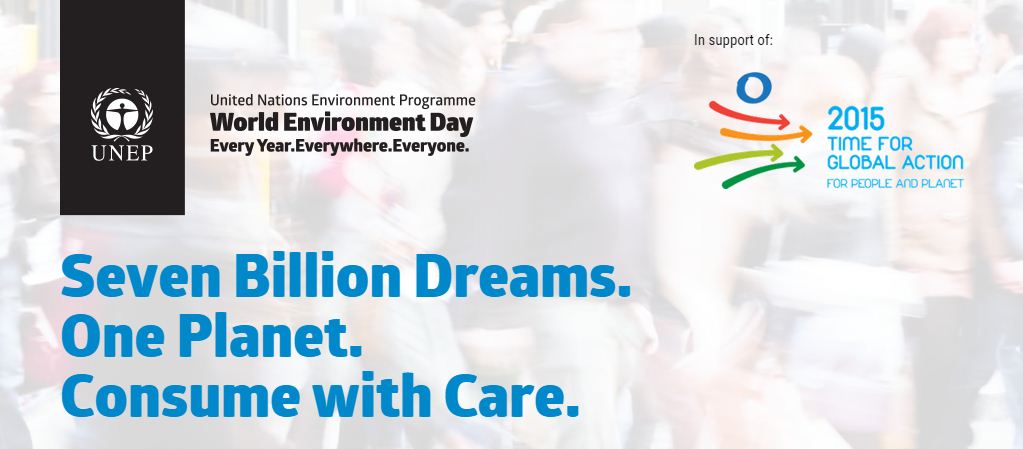
By Ugonma Cokey
Two weekends ago, in Finland, as I sat in a meeting with environmental journalists, part of what came up for discussion in that meeting was suspected plans by the new government of Finland to scrap the environment ministry or merge it with agriculture and forestry ministry.
The fears were high especially after the Prime Minister Juha Sipilä dropped a hint that his proposed coalition was considering merging Finland’s Ministry of Environment with the Ministry of Agriculture and Forestry in order to save on operating costs, thereby creating a new Ministry of Natural Resources.
The proposal got many opposition parties worried, especially the Greens, concerned about the fate of pressing environmental issues. This was also taken seriously by most people because of the conservatism of the coalition government and their so-called lack of plans for the environment and lack of mention of climate change issues before the elections.
In the words of Juha Honkonnen, the editor-in-chief of an environment and political newspaper,” the three parties are not friends of the environment, they want to instead use nature for business”.
But the people did not relent, about 600,000 people signed a petition, and on Monday the 25th of May, the new government announced that the Environment ministry was going to remain and that government was going to retain the current 12 ministries. And when 2 days after the government announced its strategy, it didn’t scrap the ministry of environment, but ironically merged it with ministry of traffic and instead of 12 ministries, the country got 14.
The government also merged the Finnish Environment Institute with that of Natural Resources. Though so many people anticipated some kind of unusual change from the government, many didn’t anticipate this, leaving some to wonder why the mergers are in the environment related ministry and agency.
Reactions
The reactions have been diverse. The contrast in the merged institutes, some say is an indication that the government had a subtle plan to disrupt what goes on in the Institute. Hongonen described the mergers as “interesting”, but said the development “will be hard for the poor people, nature and the environment.”
He also said he was not optimistic because the coalition was a rural area party and because they want to use nature for business”. “Will they build Railways or highways“he queried.
The Communications Director of the Finnish Environment Institute, Kirsi Norros, describing the change said it was perhaps “the most logical one to do”.
According to her, “We have had very strong cooperation so far, we have common issues, but our point of view and angle is different, they are taking more care about the use of natural resources and we are looking more from the sustainable point of view of the issues.”
“We see it as a challenge and also a possibility to find new solutions together with those who think differently and it is in our interest to make the change as good as possible.” She said.
Interestingly, Nigeria and Finland inaugurated new governments last week Saturday.
While the current Nigerian President has promised to diversify the Nigerian economy and make it less dependent on oil, but focus more on the development of the agriculture and solid minerals sectors and job creation, the new government in Finland is planning to halve Finland’s imports and raise fuels used to 40 % by the year 2030.
Sustainable lifestyle
Both plans are ambitious and aimed at accelerating domestic use and boosting export, but it needs to also be done with sustainability in mind. This is especially as the world marks World Environment Day on Friday, with sustainable lifestyle as focus. The UN Environment Programme says “the topic is a particularly powerful one, because there’s room for everyone to take a moment and question how we live and how it impacts the planet.
The Theme asks everyone to evaluate our consumer habits: how we shop and travel”
World Environment Day
Every year on June 5, the UN Environmental Programme runs several campaigns to create awareness about environmental issues and call for actions.
UNEP says many Earth’s ecosystems are nearing critical tipping points of depletion or irreversible change, pushed by high population growth and economic development.
“By 2050, if current consumption and production patterns remain the same with rising population expected to reach 9.6 billion, we will need three planets to sustain our way of life. Living well within planetary boundaries is the most promising strategy for ensuring a healthy Future” It says.
It is important to diversify, boost the economy and create jobs but as the world marks World Environment Day on Friday, and the world meets in Bonn, Germany, to forge out plans to reduce the depletion of the Ozone layers and continue discussions on the Sustainable Development Goals in place of the Millennium Development goals, there is need for governments as they formulate plans that will affect the ecosystems to properly analyze all the issues involved and ensure that natural resources are responsibly consumed and managed.










Comments 1